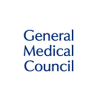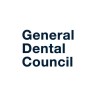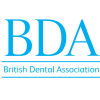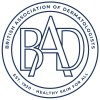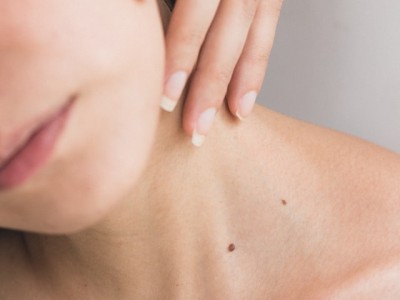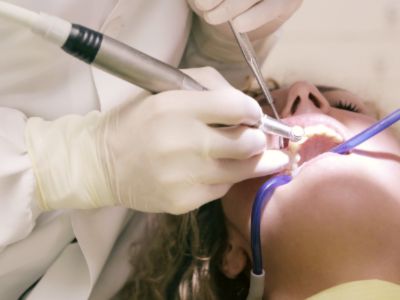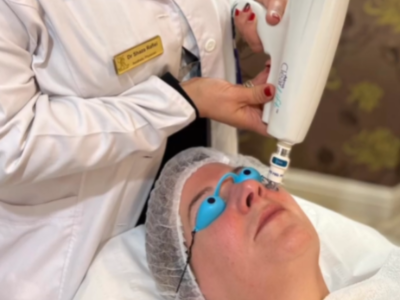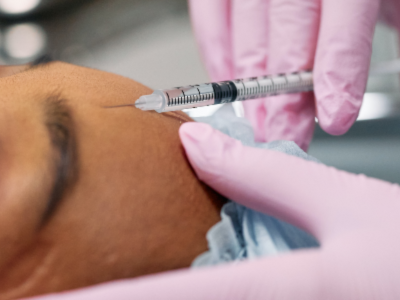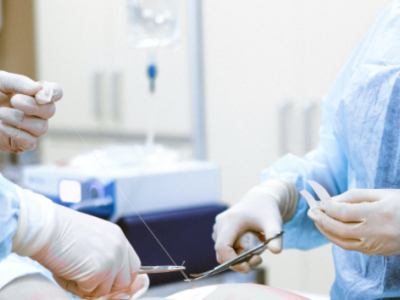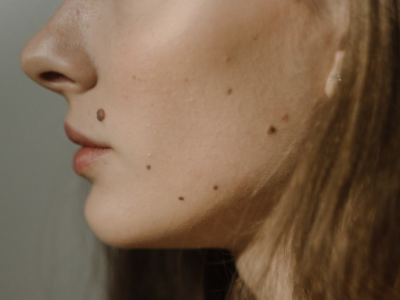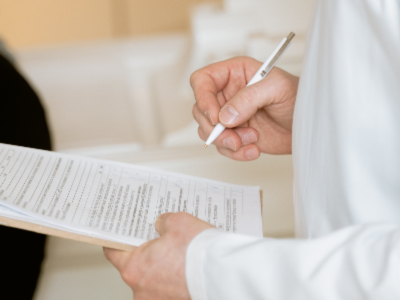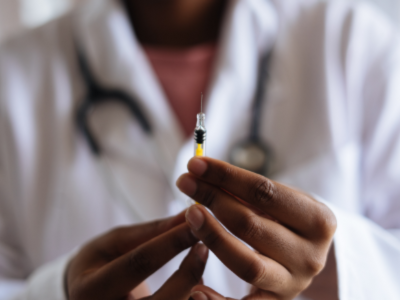How Wearing a Face Covering Affects The Skin
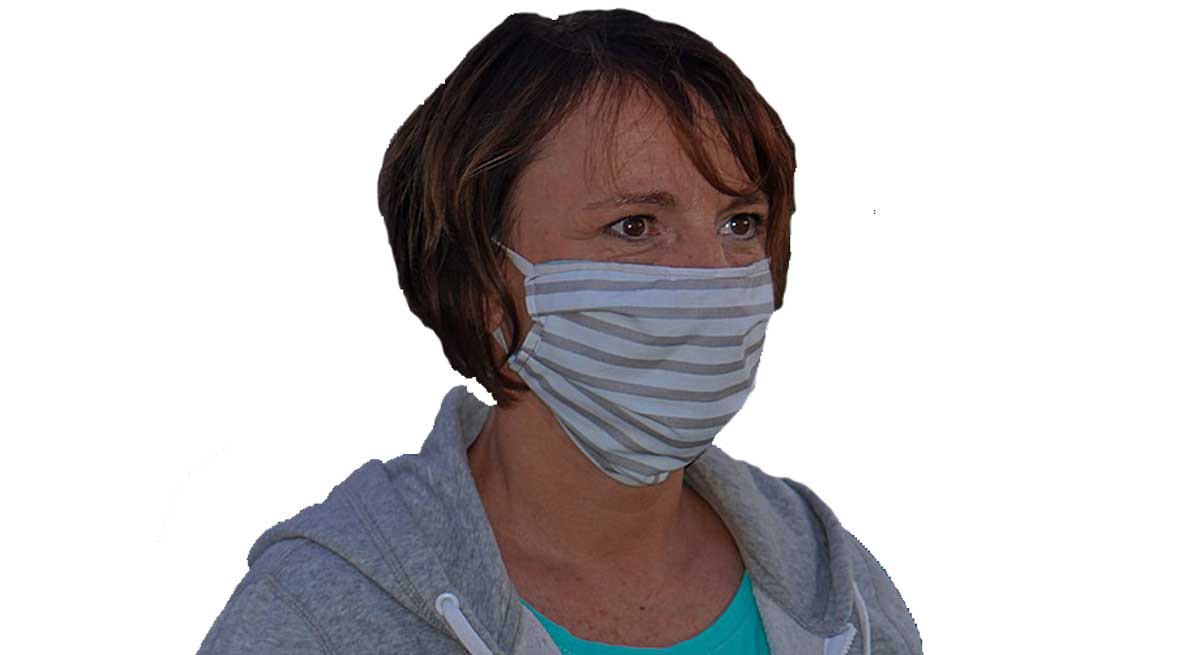
During the Coronavirus pandemic, some people with dry skin conditions are suffering from sore hands as a result of repeated washing with soap and water. Government guidelines also state that the wearing of face coverings plays a significant role in reducing the transmission of coronavirus (COVID-19).
In the context of the Coronavirus outbreak, a face covering is something which safely covers the nose and mouth. Face coverings are intended to protect others, not the wearer, against the spread of infection because they cover the nose and mouth, which are the main confirmed sources of transmission of the virus that causes coronavirus infection. Unless you are a frontline worker, the government recommends wearing a cloth face covering so that surgical masks and N95 masks can be reserved for those who really need them.
We must wear face coverings in shops, whilst on public transport and in situations where it may be difficult to maintain a two-metre distance from people outside of our own household. Following the government guidelines on face coverings may mean that you begin to experience skin issues. It doesn’t make a difference if you decide to make your own face covering at or buy one online or from a shop, you are likely to discover that face coverings can have an undesirable effect on the skin.
Wearing a face covering can irritate many different active skin conditions. Subsequently, the term ‘maskne’ has been created to refer to the breakouts caused by the wearing of face coverings. The moisture which is generated from talking behind a mask changes the PH of your skin, due to the trapping of moisture within the face covering. The moist environment and the increase in temperature traps the sweat, dirt and oils causing issues with eczema, acne, rashes, raised spots and blemishes.
There are several things that you can do to prevent your face covering from causing any damage to your skin:
- Your face covering should be made from tightly woven cotton, as this will feel more breathable and kinder to the skin.
- Wash your hands and face both before and after wearing your mask. Once you take off your mask, using the elasticated loops around your ears to remove it, you must not touch your face until you have washed your hands.
- If you suffer from sensitive skin try to limit yourself to washing no more than twice a day, as it could lead to increased dryness, redness and irritation.
- You should wash your face covering regularly, ideally after every use, as it will absorb your skin’s oils, which could lead to these type of breakouts.
- You could also consider using a barrier cream or ointment to help protect sensitive areas. It can also be beneficial to apply a barrier cream to cover up broken areas of skin overnight.
If you find your skin does begin suffering from wearing a face covering, do not touch or pick at your face, this is one of the worst things that you can do if you are suffering from any type of rash or skin breakout.
At JR Medical, we specialise in cosmetic dermatology. We have fully trained, highly experienced consultant dermatologists on board who have also consulted at Basildon and Southend hospital. Our medical and cosmetic dermatologists have different areas of dermatology in which they specialise, allowing JR Medical to provide a comprehensive consultation service. We are also able to offer a telephone consultation service with our dermatologist. Contact us to find out more.
JR Medical is a clinic with over 25 years of professional experience in the cosmetic industry. All treatments are administered by an experienced professional and include a free follow-up consultation to review your treatment as part of our ethically responsible service.
Call JR Medical now on 01702 314497

